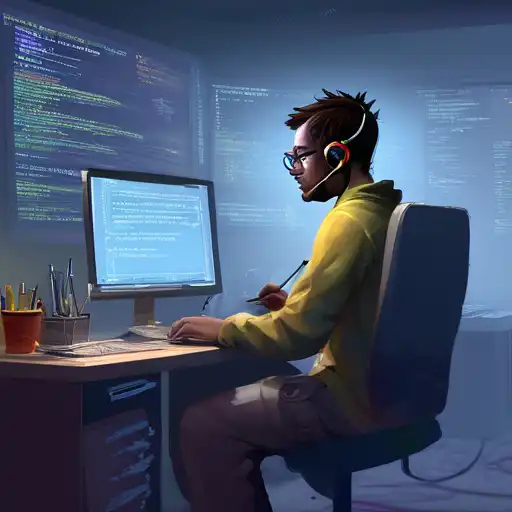Introduction to Debugging
Debugging is an essential skill for every programmer, especially for those just starting out. It involves identifying and resolving errors or bugs in your code that prevent it from running correctly. This article will provide you with essential debugging tips to help you become more efficient and confident in your coding journey.
Understand the Error Messages
One of the first steps in debugging is to understand the error messages your development environment or compiler is giving you. These messages often contain valuable information about what went wrong and where. Taking the time to read and comprehend these messages can save you hours of frustration.
Use a Debugger Tool
Most integrated development environments (IDEs) come with built-in debugger tools. These tools allow you to step through your code line by line, inspect variables, and see the flow of execution. Learning how to use these tools can significantly improve your debugging efficiency.
Break Down the Problem
When faced with a bug, try to isolate the problem by breaking down your code into smaller sections. This approach can help you pinpoint the exact location of the error. Commenting out sections of code and gradually adding them back in is a practical strategy for isolating issues.
Check for Common Mistakes
Many bugs arise from common mistakes such as typos, incorrect variable names, or misplaced semicolons. Always double-check your code for these simple errors before diving deeper into more complex debugging strategies.
Write Test Cases
Writing test cases for your code can help you identify bugs early in the development process. By testing individual components of your code, you can ensure that each part works as expected before integrating them into the larger system.
Seek Help When Needed
Don't hesitate to seek help when you're stuck. Online forums, coding communities, and even colleagues can offer valuable insights and solutions to your debugging challenges. Remember, every programmer has faced debugging dilemmas at some point in their career.
Practice Makes Perfect
Like any other skill, debugging improves with practice. The more you code and debug, the better you'll become at identifying and fixing errors. Embrace each debugging session as a learning opportunity.
Conclusion
Debugging is a critical skill that all programmers must master. By understanding error messages, using debugger tools, breaking down problems, checking for common mistakes, writing test cases, seeking help, and practicing regularly, you can enhance your debugging skills and become a more proficient programmer. Remember, the goal is not to write perfect code on the first try but to learn how to efficiently find and fix mistakes when they occur.
